April 22, 2024 NATaT Weekly Legislative Report
House passes $95.3B aid package for Ukraine, Israel, Taiwan Senate kills the articles of impeachment against Alejandro Mayorkas Senate approves extension of FISA surveillance just after deadline Cole eyes axing
